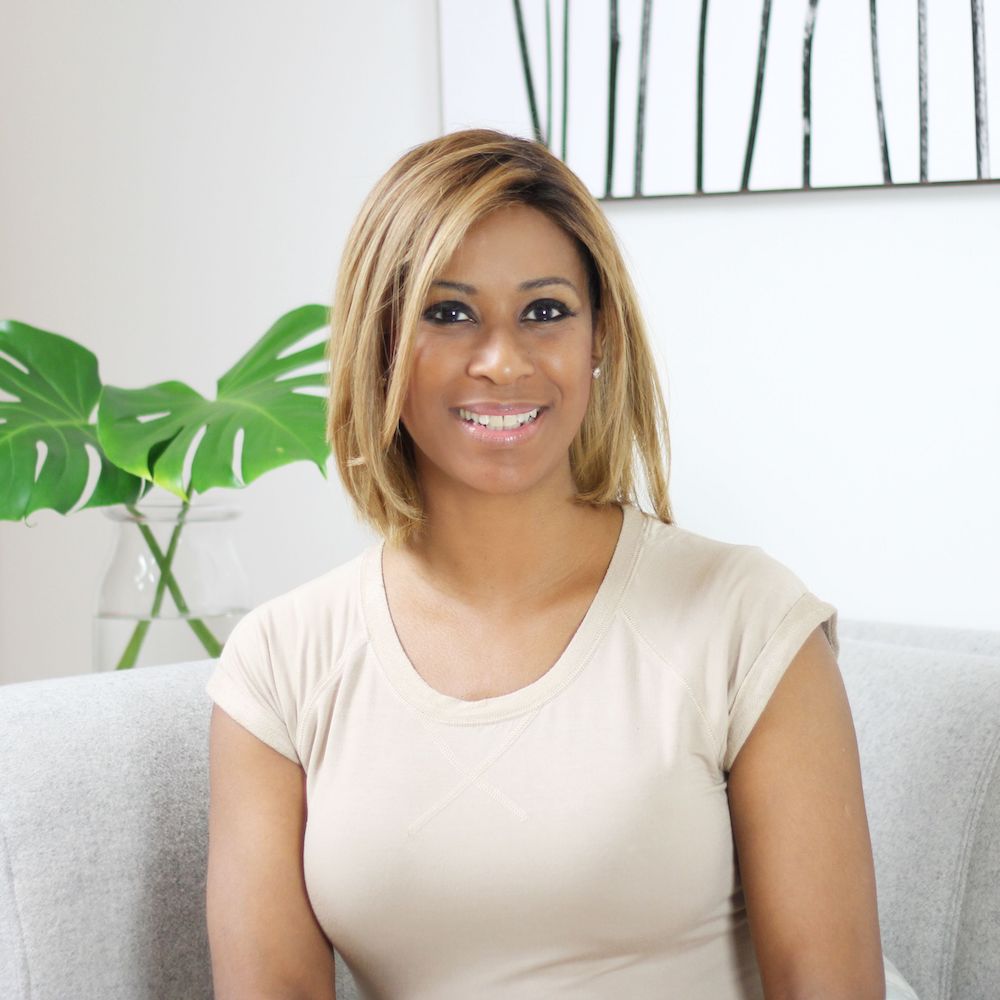Antonia Burrell is a Babtac-accredited practitioner with two decades of experience in the beauty industry. She’s an associate lecturer in the chemistry of aromatherapy at the London College of Fashion, and the founder and chief executive of Antonia Burrell Holistic Skincare.

We asked Burrell for her top tips on personalising beauty treatments to cater to a range of different skin tones.
Burrell says: The world is a rich tapestry of diverse skin tones, each with its unique set of needs and concerns. The colour of our skin largely depends on the presence of a pigment called melanin.
People with darker skin have more melanin compared to those with lighter skin. The different skin tones impact the type and severity of skin problems individuals face, as well as their treatment.
Let's dive into the skin concerns and advanced skincare treatments of a few different skin types.
Skincare treatments for South Asian skin
Common skincare concerns:
- Hyperpigmentation and melasma are common in South Asians due to their higher melanin content, which can lead to increased pigmentation.
- Acne is a common issue, often due to oily skin and increased sebum production. It can result in inflammatory lesions that, when healed, may leave behind post-inflammatory hyperpigmentation (PIH).
Recommended treatments: Treatments that inhibit melanin production, like hydroquinone and kojic acid peels, can be effective.
Hydroquinone and kojic acid both work by inhibiting tyrosinase, an enzyme involved in melanin production, therefore lightening hyperpigmentation and melasma.
Laser treatments, specifically Nd: YAG laser, could target deeper pigmentation issues.
Microneedling with serums containing vitamin C or hyaluronic acid can also help with PIH and rejuvenation, and topical niacinamide can also be helpful.
Skincare treatments for East Asian skin
Common skincare concerns:
- Similar to South Asians, East Asians also frequently face melasma due to hormonal changes or sun exposure.
- Freckles are small, tanned spots on the skin and are often genetic in East Asians. They can increase in number and become darker with sun exposure.
- Sensitive skin – East Asians may have a compromised skin barrier function, leading to sensitive skin that is more prone to irritation and allergies.
- PIH is also a common concern due to the skin's propensity for hyperpigmentation after inflammation.
Recommended treatments: Gentle treatments are more suitable due to skin sensitivity, such as LED light therapy (blue light for acne and red light for anti-ageing).
Enzyme peels can provide gentle exfoliation. For melasma and freckles, Q-switched and ND: YAG lasers or IPL can be effective as they target melanin, breaking down the pigmentation. Alpha arbutin is a helpful topical product.
Skincare treatments for African skin
Common skincare concerns:
- Keloids, which are raised scars that extend beyond the original injury. African skin is more prone to keloids due to the strong inflammatory response.
- African skin is prone to PIH due to the high melanin content.
- Pseudo folliculitis, commonly known as razor bumps, occurs when shaved hair grows back into the skin, causing inflammation.
Recommended treatments: Laser treatments can help manage keloids by flattening them and reducing redness. For PIH, retinoid creams and azelaic acid peels can be effective. Nd: YAG laser can be used for treating pseudo folliculitis.
